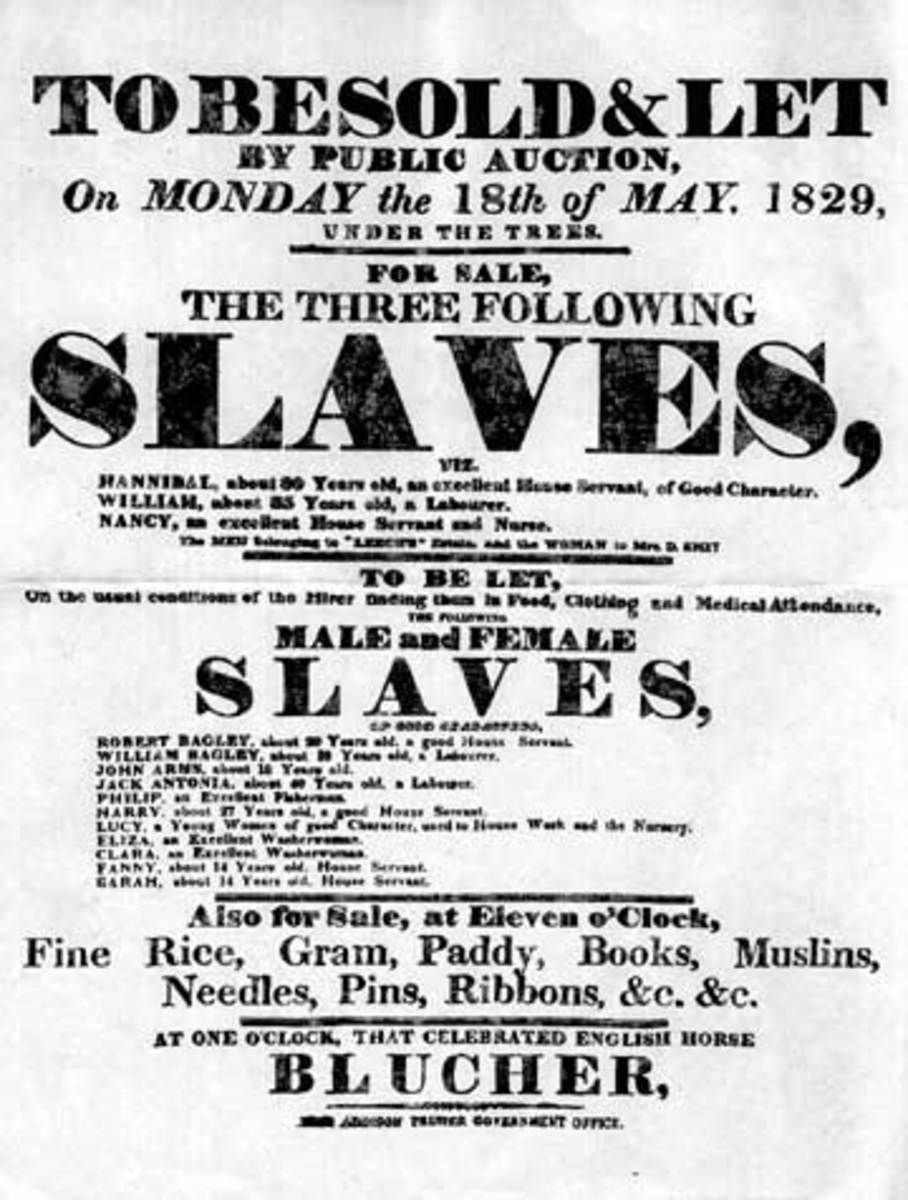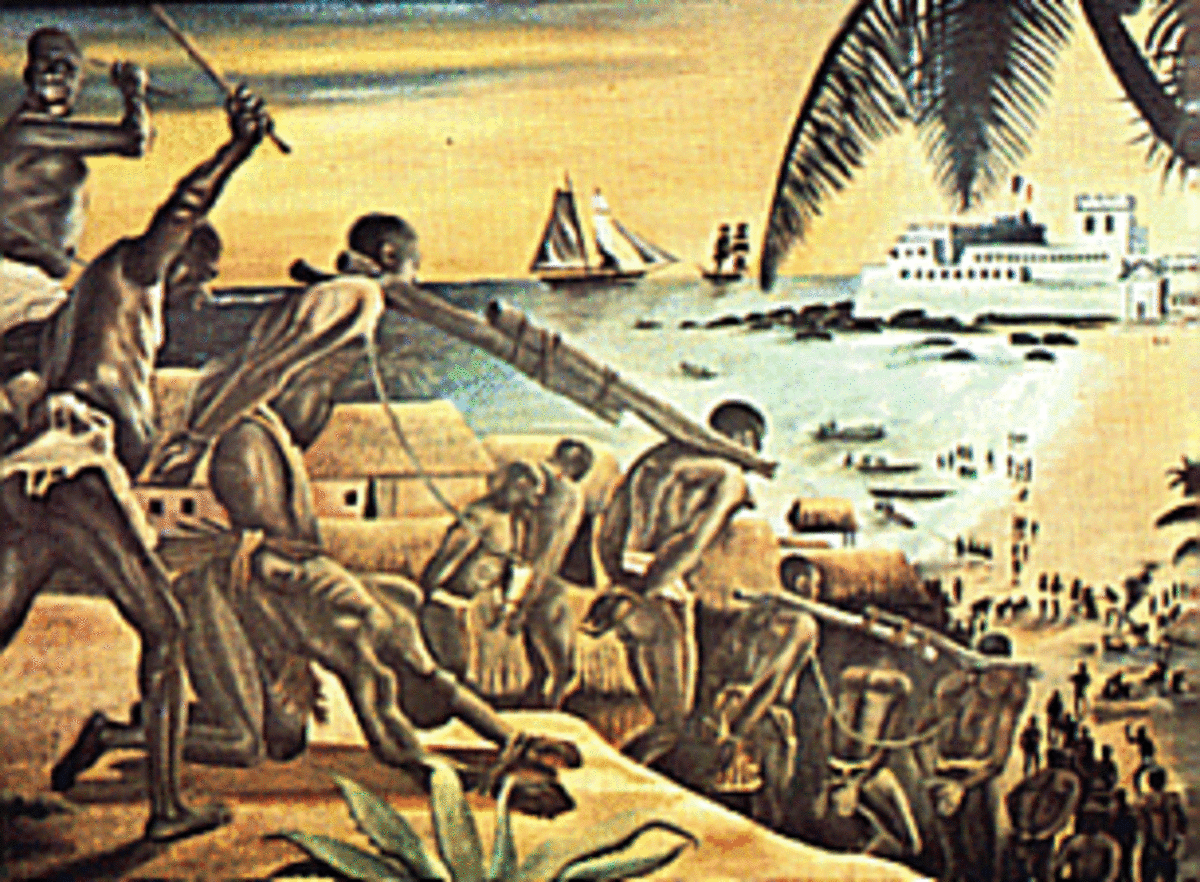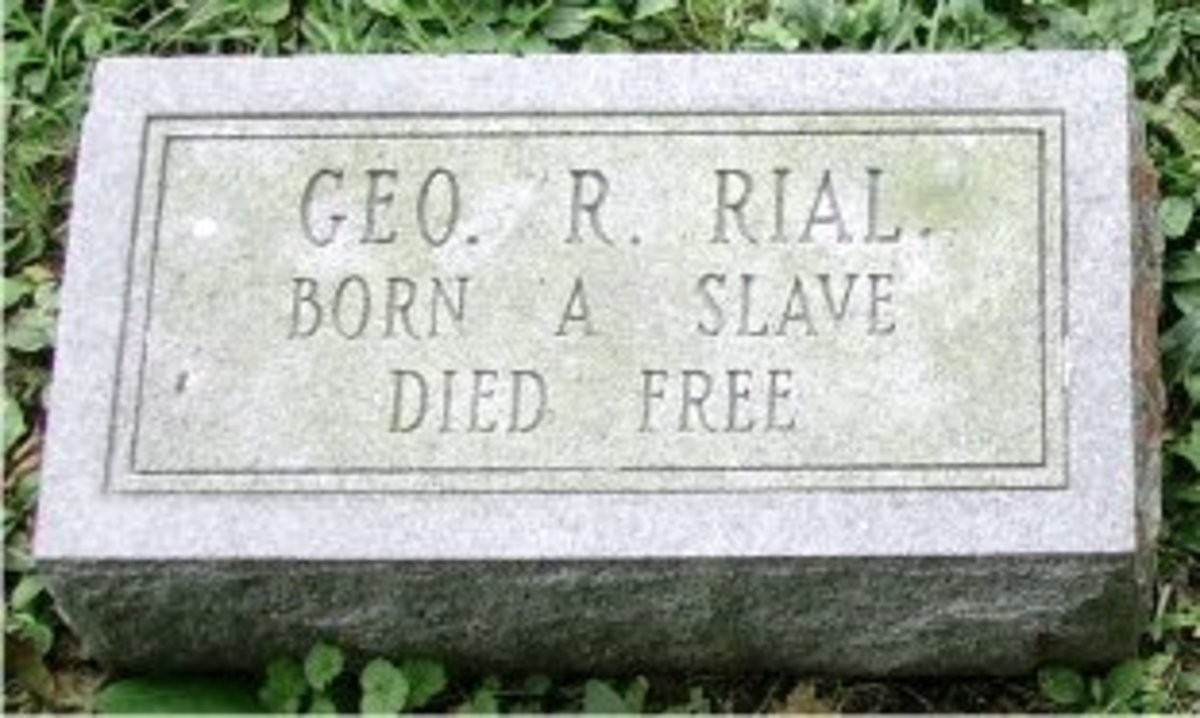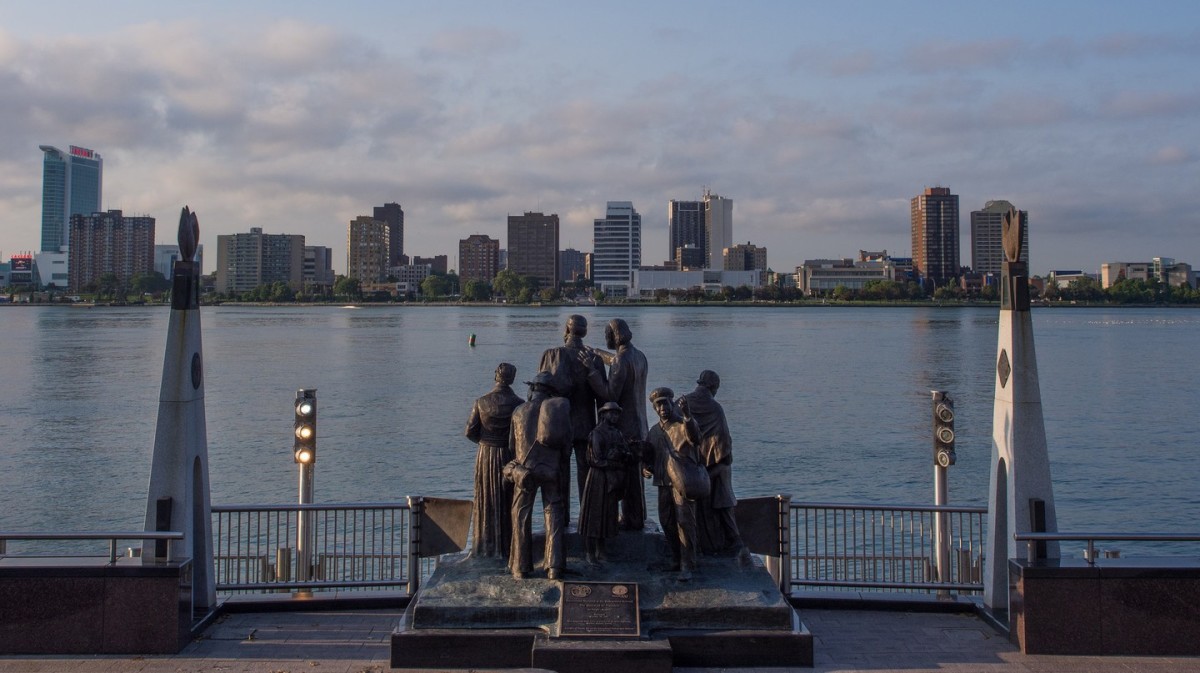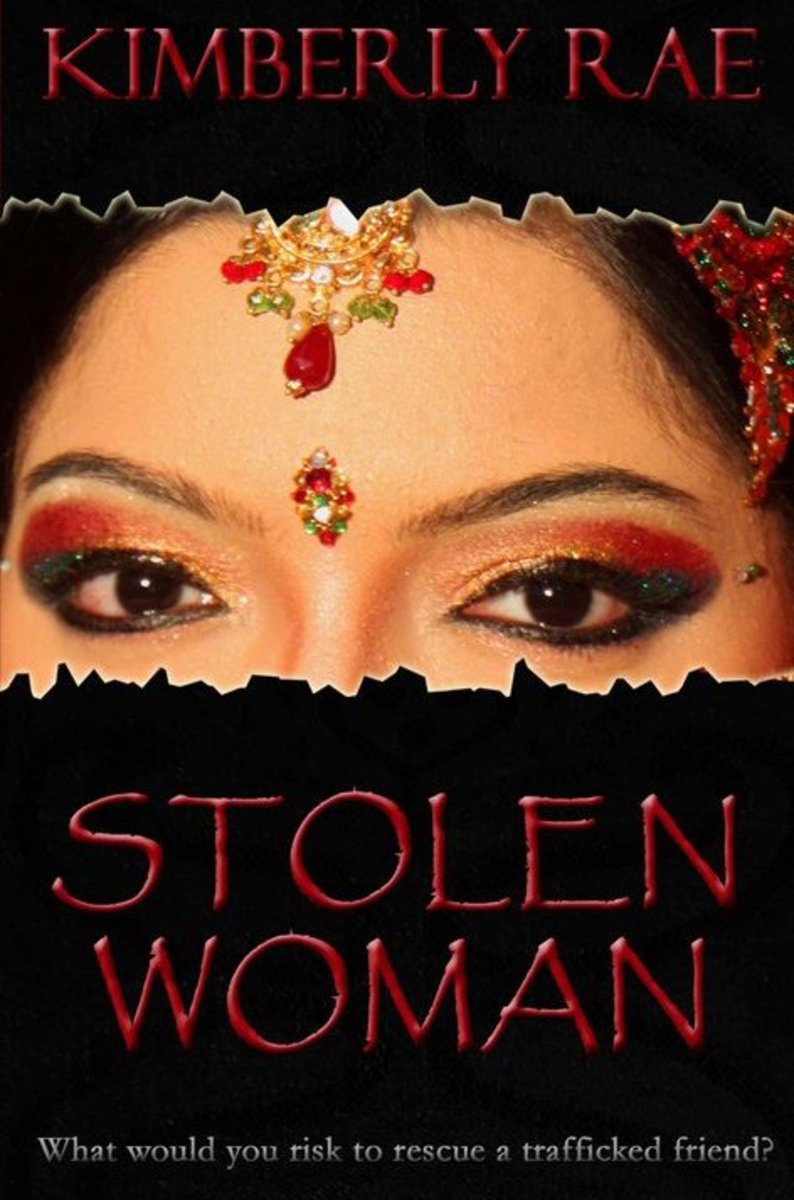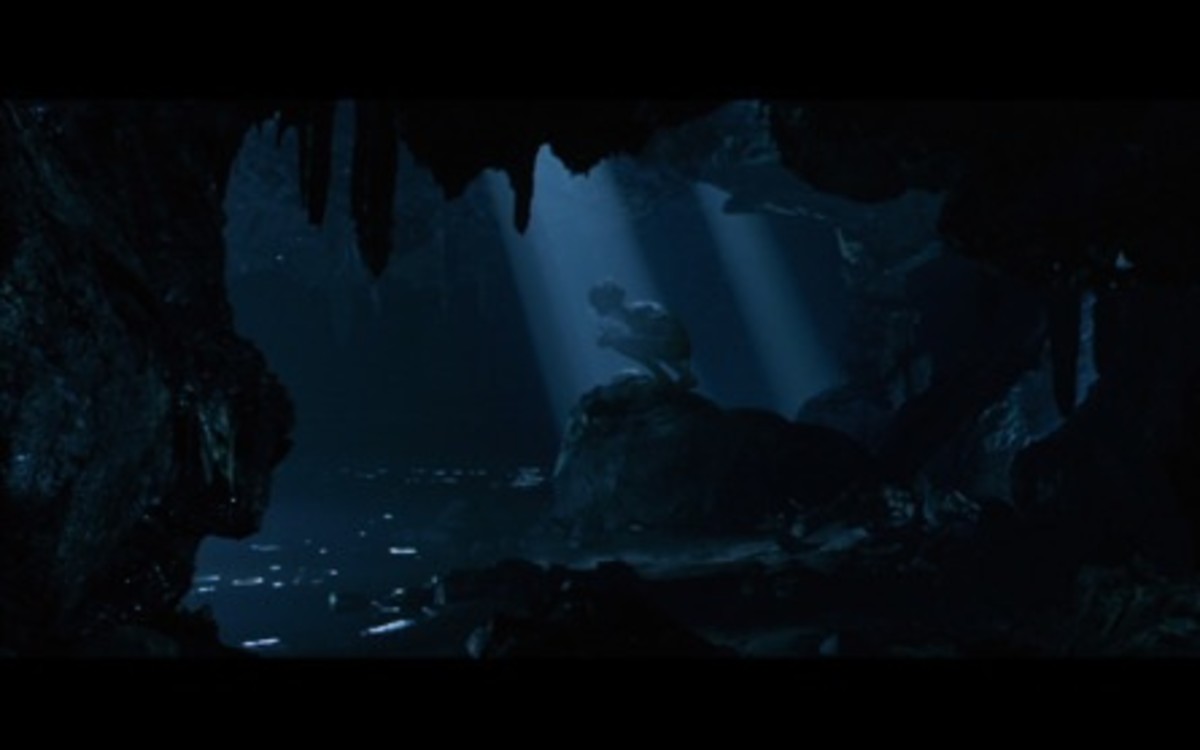Toni Morrison's Beloved: Analysis and Review of the Theme of Dehumanization of Slaves and Its Overall Impact on Memory
Beloved by Toni Morrison

Dehumanization tactics on slaves
Dehumanization is defined as a way of undermining ones access to human rights. These human rights could include food, water, shelter, any opportunity for self-sufficiency etc. Common ways of accomplishing this is treating the individual or group of people as if they aren’t human, or like they are an animal to be more specific.
In regards to slavery, it is the main them that sets the stay for the entire novel. The extent to which it depicts the theme of dehumanization and how its impacts the individual’s throughout. It helps give more insight into their behaviors and practices of the slaves and also those that end up being free. It also helps us understand why they think and believe the way they do. Judgments are all too easy to pass unless you look at unsavory aspects of slavery which is necessary to truly appreciate Toni Morrison’s work.
Dehumanization strips the person of any sense of identity and their concept of self. The book, Beloved, gives vivid imagery that illustrates this process of dehumanizing another person that is directly linked to the memory theme. It starts for the protagonist character, Sethe, with her mother who was actually brought over in slave trade from Africa, not born into slavery in the United States as Sethe was. She knew what freedom was and how it was to be stripped of it. Sethe didn’t know anything else growing up but slavery as she was born into it. Sethe saw her mother hung with no real knowledge even as to what her crime was. In fact, she never really had knowledge or a relationship with her mother at all because she was raised by another slave whose job was to raise the children of the slaves that worked in the fields. This is how Sethe is really first stripped of her identity, born into slavery and taken from her mother.
Also, Sethe’s mother is noticeably dehumanized when its referenced she was forced to engage in sex with white men, in reality raped by them. She actually threw away the children conceived by white men (showing further the detachment and effect on someone’s sanity dehumanization creates). Rape historically is a form of violence that strips a person of power over themselves. Any control the person had is gone and someone else exerts forced control and is a power form of dehumanizing. Ella describes it perfectly on page 89 in the novel when she states,
“Those white things have taken all I had or dreamed…broke my heart strings too.”
I think Baby Suggs tries to reverse the effects of the dehumanizing affects that thwarted the way they now saw things and how they felt in regards to emotion. Also, providing some guidance with her sermon-like speeches for those who knew nothing else but as life of a slave, and the treatment they received from their controlling and powerful masters. Page 88 illustrates my point when Baby Suggs is telling the people around her who are now free in the state of Ohio,
“...not how to clean up their lives…and to sin no more…she told them that the only grace they could have was the grace they could imagine.”
She further describes that they have human emotions (like the needed to be pointed out to them) of laughter, happiness, sadness and tears. The point being that they are able to dance barefoot in the grass now whenever they want to and no one can tell them they can’t or punish and beat them for doing so. Suggs is adamant that the “Love it”.
Author Toni Morrison
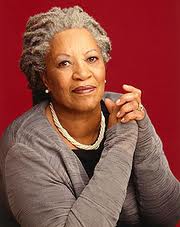
When did you read the novel Beloved
Memory and its Impact on Freed Slaves
Due to all of the free slaves memory of their past, it’s bound to them in different ways and along with the fact it’s under debate in psychology to what extent how much you are able to really change about yourself, as well as how much is shaped by your past. My favorite line to sum this idea up, on page 89, spoken by Suggs is,
“There is no bad luck in the world but white folks.”
Ella believes opposite, that she would advise, “Don’t love nothing (92)”. Ella’s statement brings to question how dehumanization of a person will hinder their personal growth as an emotional human being. When slave owners sell off or trade away the slave’s children, more identity is stripped from them and emotional trauma is inevitable. They never wills see their children grown into an adult. To survive with some semblance of rationality or even sanity, and an ability to function in the best way possible, she is saying you can’t get attached. If you think about it slave owners also have less ability to strip more away.
As Lizzie pointed out in our Women's Lit discussion, the white slave-owners can’t control who their slaves do or don’t love or choose to become attached to. They can’t manipulate and control their emotions if the slave wants to control them. The slave can gain a little power and control by learning to choose to not love their offspring, and choosing to do so means they are choosing to not be stripped down when the master sells them off.
It is known slaves were physically abused and beaten during slavery times. To what extent can you beat a person until it’s “too much”? I believe it really influences the novel when this is addressed on page 150. The passage is after witnessing a slave woman, Sethe,
“...holding a blood-soaked child to her chest with one hand and an infant by the heels of the other…she simply swung the infant toward the wall planks, missed and tried to connect a second time (149).”
She was trying to murder her own children and had no emotion in her eyes when she was doing so. She looked blank to those that knew her.
When the school teacher is scolding his nephew and telling the boy to think about “what would his own horse do if you beat it beyond the point of education (149).” One, this is tying in the comparison of slaves to an animal as part of the dehumanizing aspect, but also how far they really will go and had gone with the physical punishment of slaves. “See what happens when you over-beat creatures (150)” is another example as well. The “creatures” being the slaves of course. That Sethe was killing her child was obviously a point of snapping out of reality. She did this before she escaped for her freedom to Ohio. The child she killed was the baby that has her grave reading “Beloved” and is the ghost that returns later in the novel. “Sethe walked past them in silence (152).” This line puts into question if once they have had a psychotic break or episode of insanity, how their experiences are related to the role of memory later when she is free.
What good would it do to a mentally stable (in appearance) and free black slave like Sethe, to have to re-live the horrific moment of snapping and killing her child in such a fashion as well as trying to kill all the rest of them? Shutting it out of your memory is called repression and is deemed in the psychological world (and according to Freud) as a defense mechanism. It’s a way for the brain to protect its health and to aide in some sort of healing. Sethe’s form of repression and the lack of dealing with them might be why the ghost of her dead daughter is manifested. She isn’t able to throughout most of the novel, recognize exactly who it is yet Denver does. Denver, who has never had a memory of her dead sister and only knows some details of what happened wants so desperately a connection to her mother and her past also partakes in the interaction of the ghost. Even though Paul D sees it there is a chance that it’s a “group manifestation” almost like a form of group hysteria seen in the witch trials in Salem.
'Beloved'
view quiz statisticsHumanity's Impact
It is interesting to note though that Paul D is the first to notice that there is just something not right about Beloved and the oddities surrounding her appearance. Denver knows before Sethe, that Beloved is her sister.
“Something funny about that gal, (57)” is said by Paul D…”Like a familiar she hovered (58).”
“In the dark my names Beloved (75)…she left me behind by myself (75)”, Beloved states when Denver begins to realize just who she is. I believe that Beloved is almost a forced apparition to them all. Sethe’s only way of dealing with the trapped memories is unconsciously manifesting itself. The ghost apparition appearance of 'Beloved' is definately another topic that could be written about when analyzing the complexities of this novel.
The most important thing about this novel is the actual events that slavery is more truthfully depicted and detailed. It is important from a psychological standpoint as well of just how much memory can not only be repressed or formed selectively, but how the human psyche deals with the memories and the trauma. In order to not let history repeat itself in matters of dehumanization, it needs to be addressed and made more apparent when we look back on shocking times in our American or even World Historical Events. This novel portrays slavery in a more realistic aspect and depicts the impact it has on humanity.



